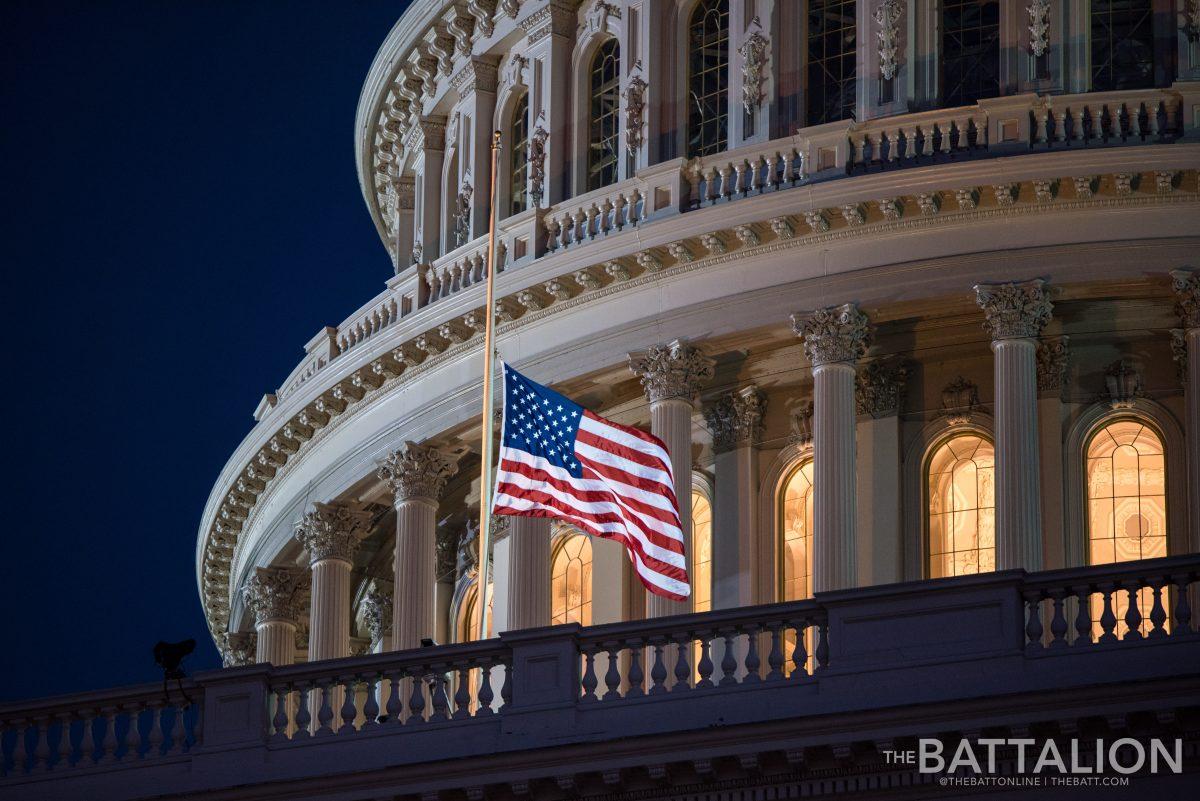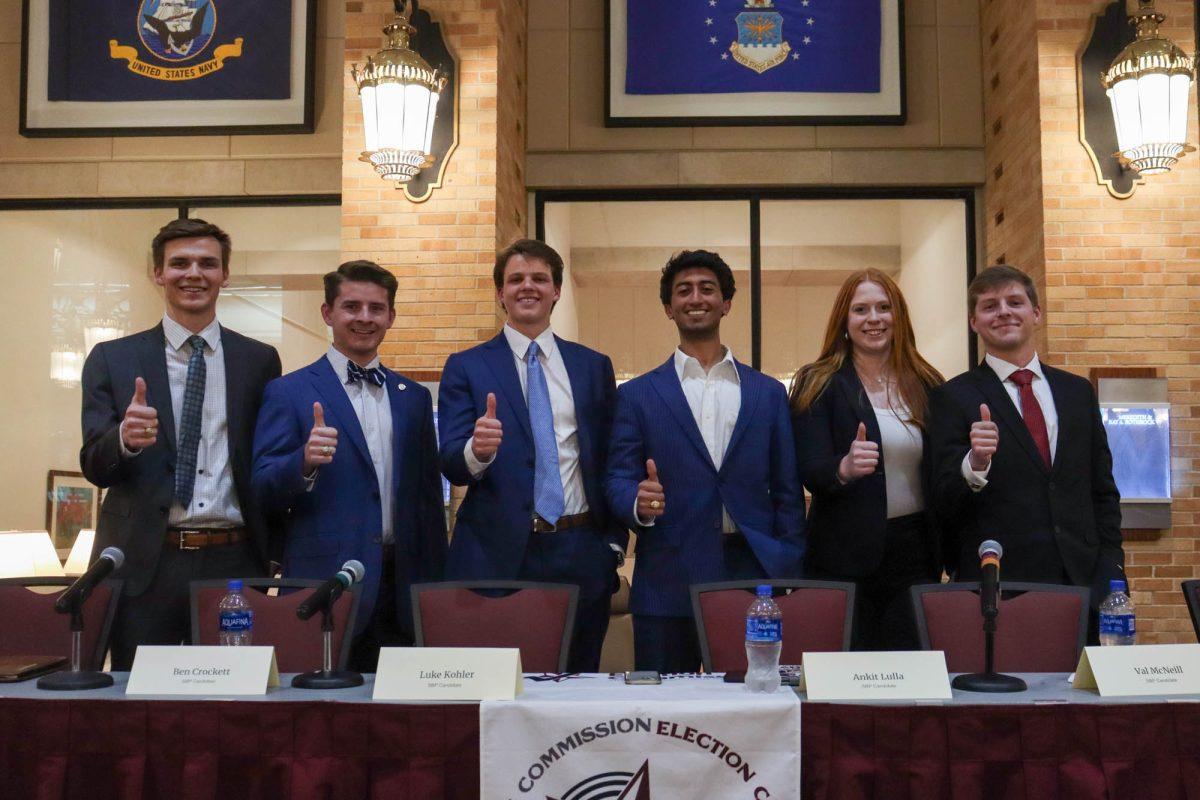Nearly 50 years after the last military helicopter departed off the roof of the U.S. Embassy building in Saigon, Vietnam, the world witnessed yet another heart-wrenching and rambunctious American withdrawal, this time from Hamid Karzai International Airport in Kabul, Afghanistan. The unprecedented Taliban take-over of August 15, 2021 raised serious questions about how the mightiest military with the most sophisticated weaponry could end up with such an ignominious fate. How could 20 years of efforts, trillions of dollars and the sacrifices of more than 2,500 service men and women result in a total loss?
The underlying question is so profound that it led the U.S. Congress to establish the “Afghanistan War Commission, ” or AWC, on September 30, 2021 to examine America’s longest war from its onset in 2001 to its end in 2021. More recently, the Special Inspector General for Afghanistan Reconstruction concluded in its interim report on Afghanistan’s collapse, that the primary reason behind the collapse of the Afghan government was Washington’s decision to pull all its troops out of Afghanistan.
That fundamental question will continue to haunt military and civilian leaders for decades. Trying to understand the many setbacks of the war, as well as the decisions and policies that led to them, is both complex and multifaceted. Thus far, different people have provided different explanations on how the U.S. could have prevented the tragic loss of the war in Afghanistan.
The argument in this article is that Washington could have avoided losing in Afghanistan by investing in institutions rather than individuals. Institutions make a remarkable difference in terms of why some nations succeed and others fail. Let’s take a closer look at them.
The Noble Laureate, Douglas North, defined institutions as “The rules of the game.” Simply put, institutions are mechanisms established for the effective management of a society. Institutions entail law, security, stability, productivity, efficiency, sustainable growth and so on. Fundamentally, there are two types of institutions which complement each other: formal and informal. The former is all about formal rules, such as legal statutes, ballot and national borders. The latter however, are codes of conduct, behaviors and norms that not only embody the formal rules, but also play a significant role in their enforcement.
Indubitably the U.S. and her allies devoted tremendous resources and efforts to build formal institutions in Afghanistan, but they ignored the significantly important role of the unique Afghan informal institutions. To understand the importance of informal institutions in Afghanistan, think about American football. The spirit of the game calls for fair play, not intentionally injuring players of the opponent team, pass inferences and many other rules. Despite the rules deciding how the game is played, players like Bill Romanowsky of the 49ers or Vontaze Burfict of the Cincinnati Bengals used to violate football rules frequently. Thankfully, the National Football League, or NFL, exists to enforce the rules and punish Romanowsky, Burfict and others for violating them. Because the NFL is there to ensure how football is played, the game continues to thrive and prosper in the United States.
On the contrary, there was no NFL-like institution to establish rules and punish those who violated them in Afghanistan. For the past two decades, things were the opposite. Instead of trying warlords for their heinous crimes against humanity, they became vice presidents, ministers and even lawmakers of the toppled republic. Some have decorated themselves with the highest military ranks like major general and field marshall. In place of limiting the powers of the infamous non-state actors, they gained more power during the American-backed Afghan republic.
In short, rather than empowering structures to enforce a rule-based system, Washington and its allies empowered individuals, especially those who regularly abused and used power for their vested interests. The absence of a functioning enforcement mechanism is an existential crisis to institutions. There is no way for institutions to make a difference or to survive if there is no enforcement.
Provided that institutions are formal rules, informal norms and their enforcement, you do not have to be a rocket scientist to answer the underlying question posed in this article. It was impossible for the Afghan republic to thrive in the face of powerful mafia-like actors backed by foreign stakeholders. Just like it will be impossible for American football to thrive if repeated violators of its rules go not only unpunished, but also rewarded and promoted.
Consider that for 20 years, Afghanistan’s political system was remarkably heterogeneous. The country had turned into power hubs. The rules of governance in the north were completely different than the rules in the south. In the same view, the structures of power and interaction in Eastern Afghanistan were different than those in Western Afghanistan. In short, in a country almost the size of Texas in the U.S. or France in Europe, there were states within states, municipalities within municipalities and authorities within authorities. Such a system has given way to a centralized government controlled almost exclusively by the Taliban. Are you still surprised?
‘The rules of the game’
July 12, 2022
Photo by Photo by Cassie Stricker
The U.S. Capitol Building on Dec. 5, 2018. Sami Jabarkhail and explain why the United States failed in Afghanistan.
Donate to The Battalion
Your donation will support the student journalists of Texas A&M University - College Station. Your contribution will allow us to purchase equipment and cover our annual website hosting costs.



























